B21, China Town Mall, Midrand
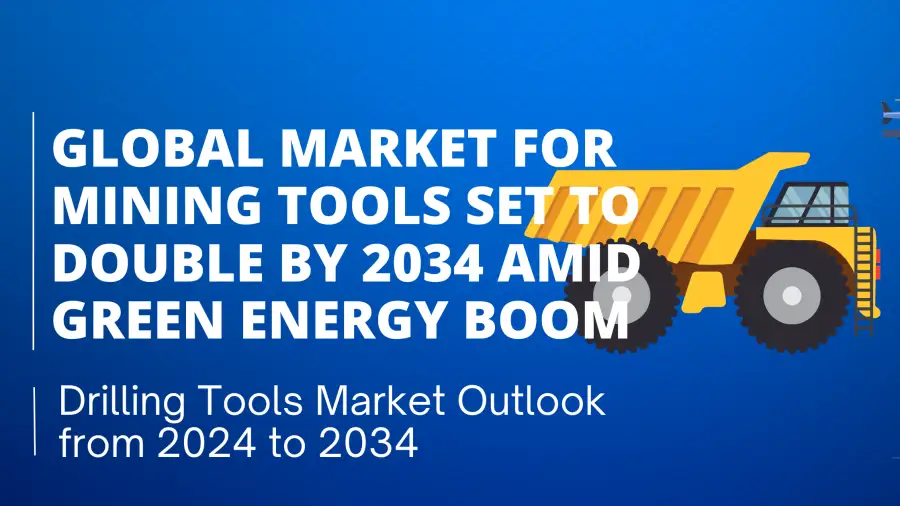
- Products Sourcing
Mining and Construction Drilling Tools Market Outlook from 2024 to 2034
-
Eman Libatu
-
05 Dec 2024
-
82 Comment
The global market for mining and construction drilling tools is poised for explosive growth, with sales projected to rise from $14.56 billion in 2024 to $29.12 billion by 2034, according to industry estimates. This 7.2% compound annual growth rate (CAGR) reflects surging demand for efficient drilling solutions as countries race to secure critical minerals essential for renewable energy technologies.
Green Energy Demand Spurs Mining Growth
The escalating transition to renewable energy is a key driver behind this growth. Lithium, cobalt, and rare earth elements—crucial for electric vehicles and wind turbines—are in high demand, prompting mining firms to expand operations in regions rich in mineral deposits, including China, Australia, and India. According to the International Energy Agency (IEA), the global demand for lithium is expected to grow 40-fold by 2040, fueling investments in drilling equipment capable of handling extreme geological conditions.
The mining sector is also seeing a shift toward deeper and more remote operations, requiring drilling technologies that can operate in increasingly challenging environments. For instance, ultra-deep mining projects in South Africa and Canada are now relying on modular drilling systems that can adapt to high-pressure, high-temperature conditions while maintaining efficiency.
Automation and Smart Drilling Technologies
Automation is emerging as a game-changer for drilling tools, with manufacturers incorporating artificial intelligence and machine learning to optimize performance. Equipment such as Epiroc's SmartROC rigs and Caterpillar's autonomous drilling systems are equipped with real-time data capture capabilities, enabling predictive maintenance and operational precision.
These innovations are particularly impactful in underground mining, where precise drilling is critical for safety and cost-efficiency. Modular drill rigs, capable of switching components like drill bits and hammers on-site, are gaining traction for their ability to reduce downtime and improve project flexibility.
Drones and IoT-enabled sensors are further transforming exploration and operational monitoring. By capturing real-time geological data and feeding it into advanced analytics systems, companies can better plan drilling trajectories and reduce resource wastage. As reported by McKinsey, these digital tools have the potential to boost overall mining productivity by up to 25%.
Sustainability Challenges and Eco-Friendly Innovations
The mining and construction industries are under increasing scrutiny for their environmental impact. Issues such as water shortages, soil erosion, and habitat destruction pose risks not only to ecosystems but also to corporate reputations and regulatory compliance.
To address these challenges, manufacturers are developing eco-friendly drilling technologies. Caterpillar, for example, has introduced electric-powered drilling rigs designed to reduce fuel consumption and emissions. Similarly, closed-loop water recycling systems are being integrated into drilling operations to minimize freshwater usage.
Sustainability concerns are also driving the development of "green mining" practices. Some companies are experimenting with carbon-neutral drilling technologies, while others are investing in equipment that can capture and store carbon emissions produced during mining operations.
Regional Trends and Market Dynamics
China, India, and Australia dominate the mining and construction drilling tools market due to their vast mineral reserves and aggressive exploration efforts. China remains the largest consumer, driven by its dominance in rare earth element production, while Australia’s mining sector benefits from its well-established infrastructure and investor-friendly policies.
However, environmental regulations, particularly in North America and Europe, could present headwinds for market growth. The United States’ Environmental Protection Agency (EPA) has flagged over 70 abandoned mine sites as hazardous, citing concerns over acid mine drainage and groundwater contamination. These issues could slow project approvals and increase operational costs.
Despite these challenges, the market outlook remains robust as governments worldwide increase funding for critical mineral exploration. With geopolitical tensions threatening supply chains, particularly for rare earths, many nations are prioritizing domestic resource development, further bolstering demand for advanced drilling tools.
The Road Ahead
The future of mining and construction drilling tools lies in balancing efficiency with environmental responsibility. As companies invest in modular, automated, and sustainable technologies, the sector is well-positioned to navigate challenges and capitalize on growth opportunities. Industry leaders who embrace innovation and sustainability will likely set the tone for the next decade.
Leave Comment
Your email address will not be published. Required fields are marked

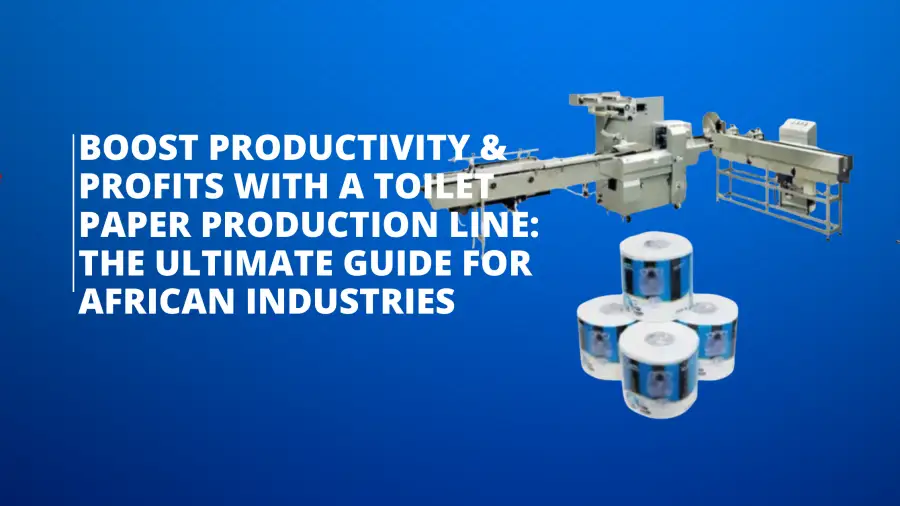
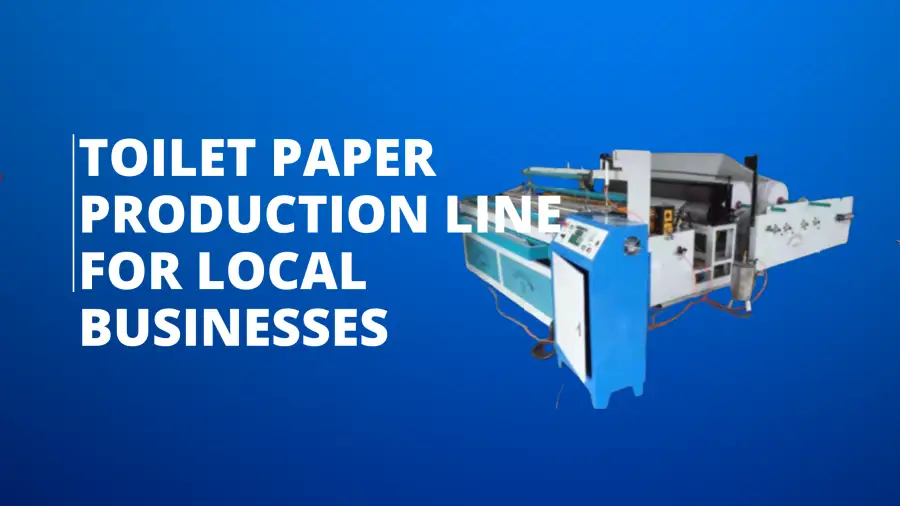
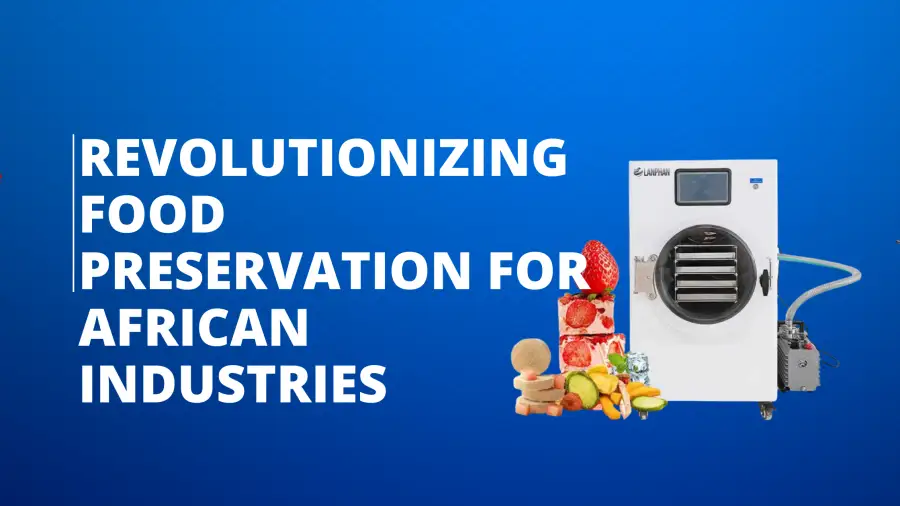


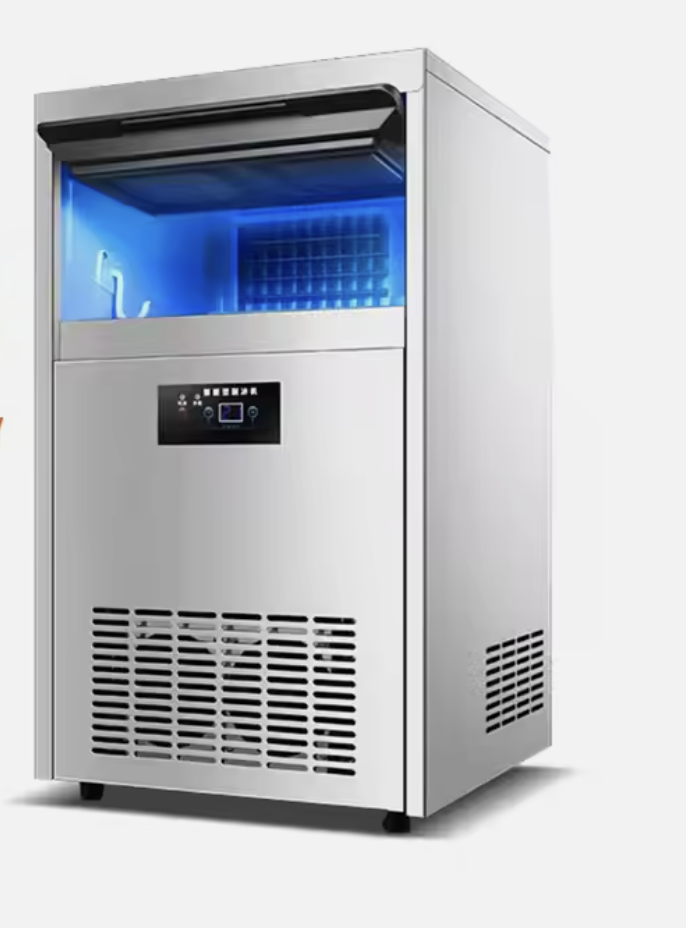
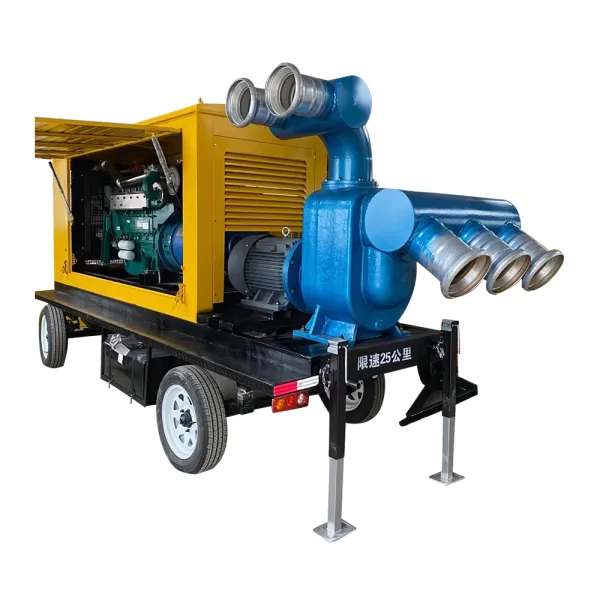
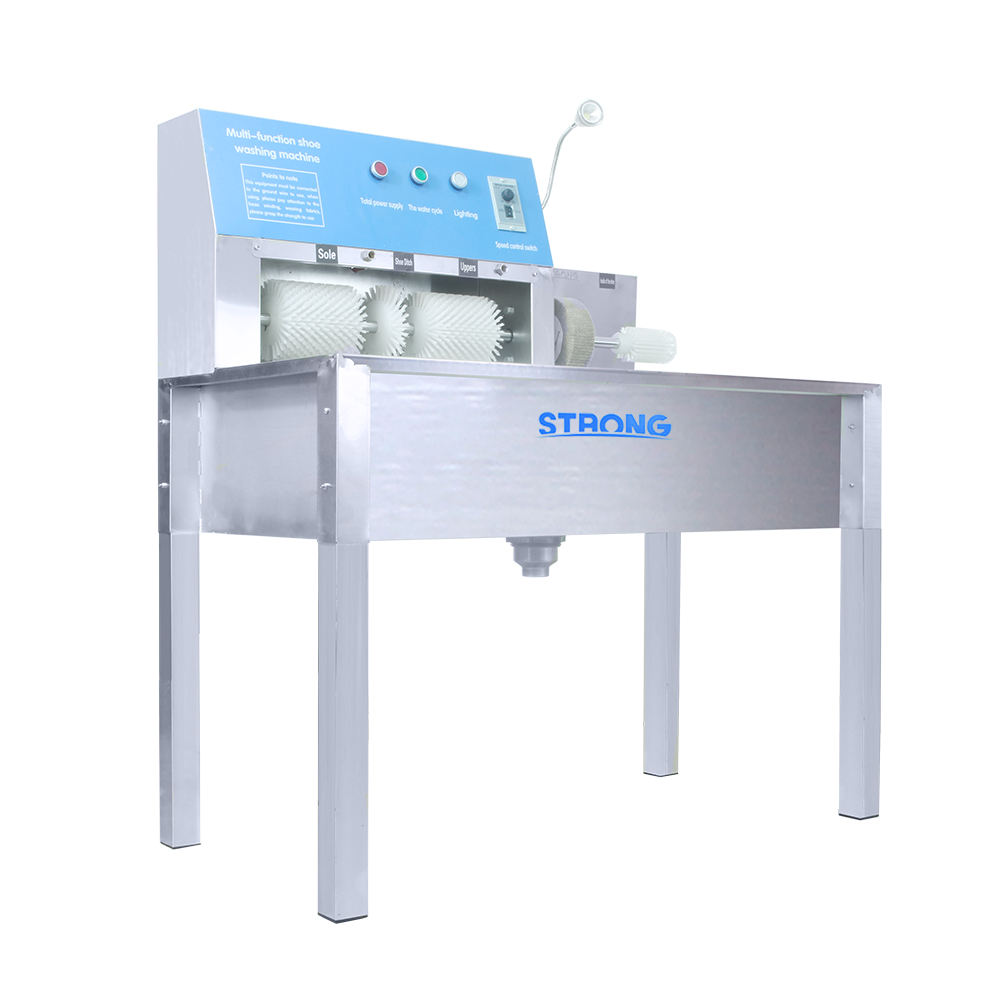
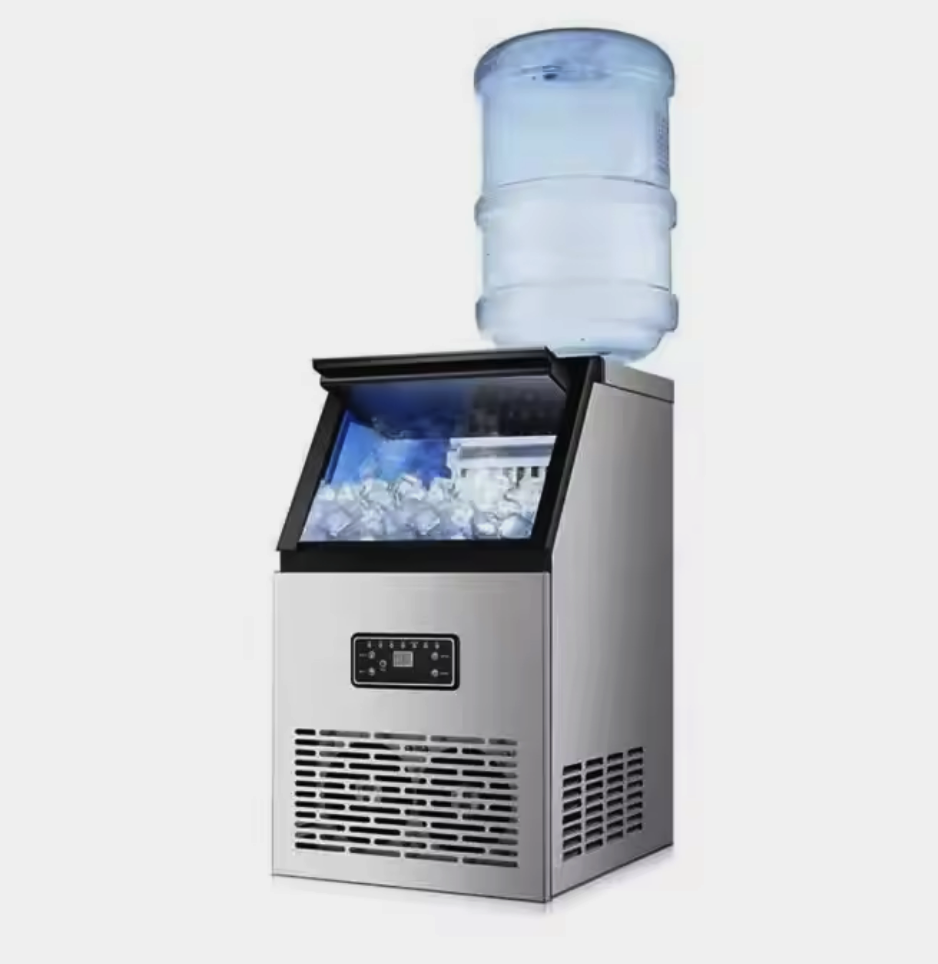

Comments
30 Jan, 2022
Glenn Greer
"This proposal is a win-win situation which will cause a stellar paradigm shift, and produce a multi-fold increase in deliverables a better understanding"